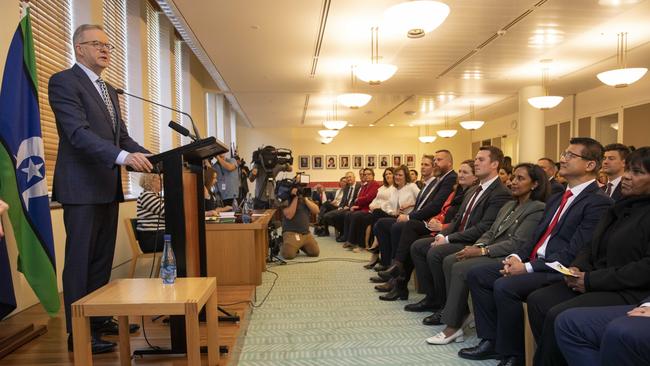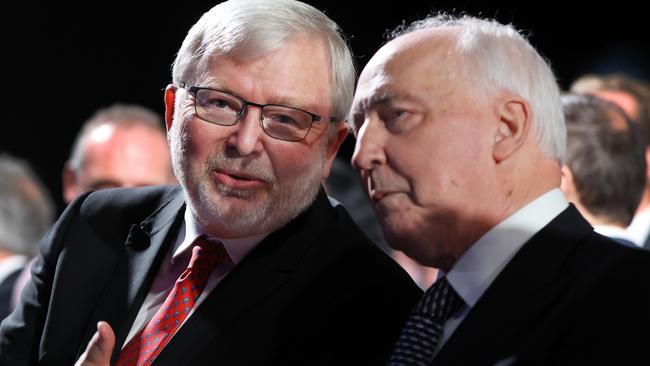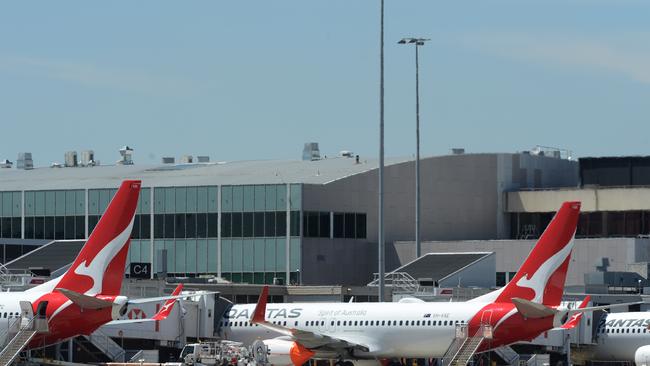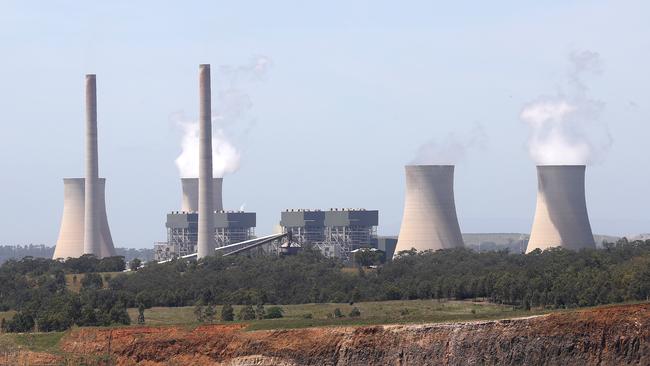
When the 1992 Prime Minister, Paul Keating started compulsory superannuation and entrenched industry funds in the pole position, he knew that the combination of the union movement and employer bodies who managed those funds would, over time, become a powerful force influencing the boards of most large Australian listed companies.
Now 30 years later in 2022 a Liberal Party leader, Peter Dutton, has been forced to face the reality of the Keating masterstroke because large corporations understand the power game. While they are not controlled by the industry funds, the corporates are moving towards the ALP/Greens camp rather than being traditional staunch Coalition supporters.
The companies are recognising the power of their major shareholder group – the industry funds. On the other side many companies would argue that the former Coalition government had lost touch, and the corporates are reflecting community reality.
The Morrison government never understood that not only had they had lost their large corporate supporter base but they did not seek family business support. They ignored the Australian Taxation Office abuse of family business and shelved unfair contracts legislation because a few large corporations wanted to keep assaulting family enterprises.

While Peter Dutton has woken up to the power shift, that wake-up call comes as the ALP not only controls the lower house but, with the Greens and their supporters, are also in control of the Senate. The ALP government can pass any industrial legislation they want.
We are about to see a dramatic illustration of that power shift. In the last 20 years a large number of family and other smaller enterprises have stepped away from enterprise agreements and in the process greatly reduced the union power in their operations and lifted their productivity. Networking of smaller enterprises has blossomed while many large companies, like Qantas, have also stepped away from old style large enterprise agreements. The Qantas efficiency revolution actually started with Jetstar which was then followed by extensive outsourcing of parts of their operations.
Had they not changed, the airline may not have survived Covid. Nevertheless large enterprise agreements remain at the core of many major corporations.

The new government will call a summit where it looks as though the unions will offer concessions in the operation of enterprise agreements to improve productivity. In exchange workers in those agreements will receive considerable pay rises.
The thrust of the summit will be to encourage more in the private sector, including larger family operations, to embrace enterprise agreements and so award greater union influence in the businesses.
And its not just unions that want more enterprise agreements.
The skills of the employer groups represented on the boards of many industry funds are based around helping employers with enterprise agreements.
Accordingly the major shareholder base in large corporations will be urging boards to embrace this new movement towards unionisation and enterprise agreements. The emotive tag word is to encourage the creation of “real jobs”.
In the family business sector this presents considerable danger because they simply don’t have the massive human resource departments that are required in enterprise agreements. Their family business skill is having owners and top managers talking directly to their employees instead of delegating part of a management of the workforce, and therefore the enterprise, to the union movement.

Australia is entering a period of high inflation and pressure for higher wages. And at the same time, a large segment of the consumer population have big mortgages so higher interest rates restrict their spending. Many family enterprises are entering in an era where they face the combination of staff shortages, higher costs and a restricted ability to pass on those higher costs because they don’t have the market clout of the large enterprises.
To gain prosperity they will need to invest in labour saving equipment and even more flexible work practices – the antithesis of the enterprise agreements that may be favoured at the summit. Banks are reporting that many family enterprises have stepped up efficiency investment in response to staff shortages and cost rises.
Australia has a strong agricultural and mining sector and many areas of the community are affluent. Those businesses that can gain worthwhile market share in the prosperous segments of the community will do well but there will be many others who will struggle with profitless prosperity or stagflation
The Coalition organising group in Josh Frydenberg’s former seat of Kooyong tell me that by and large they held onto to the family business vote. The big area where they lost was among the government employees who now reside in inner city electorates like Kooyong.
The 2022 election was confirmation that the ALP, industry funds and many large corporates are moving towards a power block. If the coalition is to survive, they will need to move in behind family business in the way that was envisaged three years ago but never happened






